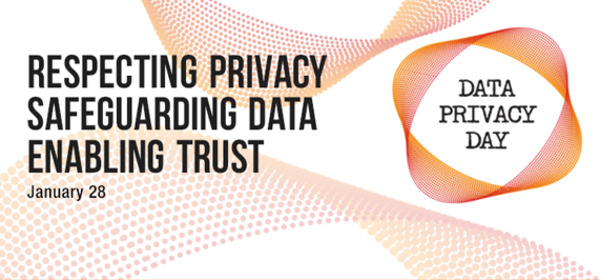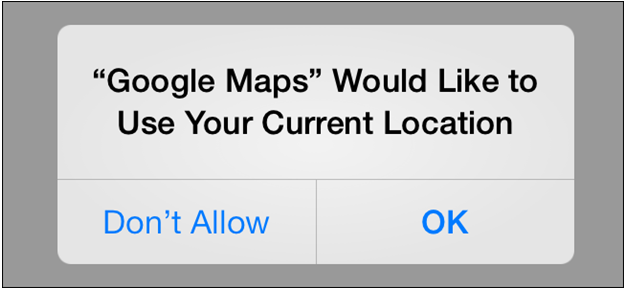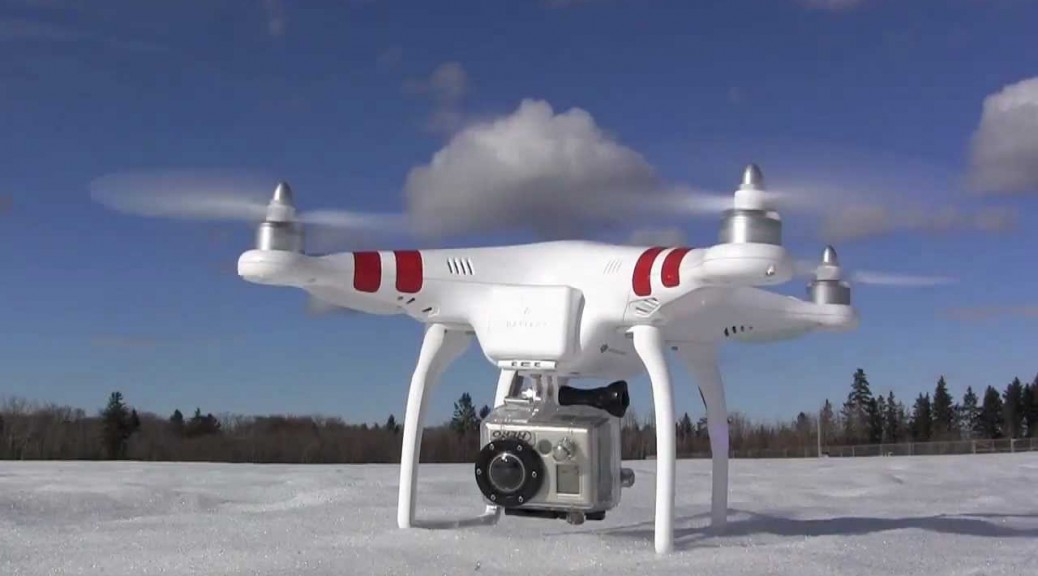The top cybersecurity officials in the United States on Wednesday said that China is harming the potential for an open Internet through its policies of censorship, and also said the country’s continued cyberespionage operations are damaging the two countries’ relationship. In a piece co-authored in Politico with Ambassador Robert Holleyman and Alex Niejelow, the chief […]
Tag Archives: Privacy
Facebook turns 11 – what you need to know, and what do your likes say about you?
Facebook updated its privacy settings at the end of January. As Facebook turns 11 today, here’s what you need to know about the new settings and how they could affect you.
The post Facebook turns 11 – what you need to know, and what do your likes say about you? appeared first on We Live Security.
Hacked dating website Topface buys back stolen personal data from hacker
A Russian dating website that had 20 million email addresses stolen last week, has paid the hackers not to sell the information, TechWeek Europe reports.
The post Hacked dating website Topface buys back stolen personal data from hacker appeared first on We Live Security.
Toy drones continue to cause problems
The latest incident involving a drone has more serious implications than buzzing a neighbor’s yard. In January, a drone crashed into a tree on the South Lawn of the White House. Apparently, the drone was small enough to avoid detection by the White House security radar.
The man who was operating the drone is an employee of the National Geospatial-Intelligence Agency. After seeing the story on the news the following day, he contacted officials to confess. He later admitted that he had been drinking.
The point is that drone adventures are getting increasingly (and literally) out of control.
The White House incident comes just days after the Department of Homeland Security held a conference in Arlington, Va., on the dangers that such drones pose to the nation’s critical infrastructure and government facilities.
The New York Times reported that the conference exhibited a DJI Phantom drone — the same type of drone that reportedly crashed at the White House.

Image courtesy of gizmag
However, the drone on display at Homeland Security’s conference had three pounds of fake explosives attached to demonstrate how easy it would be to weaponize. Frightening.
The President said in an interview with CNN that he has instructed federal agencies to examine and address the broader problem and the need for regulations on drone technology.
As the President wisely noted, regarding drones, “We don’t yet have the legal structures and the architecture both globally and within individual countries to manage them the way that we need to.”
Part of the idea for legislation or enforcement, the President said, “is seeing if we can start providing some sort of framework that ensures that we get the good and minimize the bad.”
Legislation and regulation needs to happen soon. Even though it is illegal to fly drones in Washington DC, that appears to be a small deterrent.
Let’s see how this unfolds. There are privacy and security hazards with drones that everyone needs to be aware of, and this incident might spur some real action.
14 easy tips to protect your smartphones and tablets – Part I
A few precautions can make a huge difference in the safety of your phone and the important things you saved on it.

Follow our tips to secure your phone and the data on it.
We talk a lot about protection and privacy here in our blog. It’s a bit obvious as our “life” is in our devices nowadays: Photos of our last trip or our loved ones, videos of our children playing and growing up, contacts both professional and personal. All our precious and irreplaceable data is stored in these little machines. Take a minute of your time and follow us in this easy tour to protect them and save a lot of time and headaches.
1. Set your lockscreen
You wouldn’t leave your home door unlocked, would you? Same goes for your phone with all your private data. Set a password or PIN to prevent direct and easy access to your phone. Gestures and face recognition are less secure, but are better than nothing.
2. Hide your passwords from nosy people
You will argue that people around you can look over your shoulder and see what PIN or password you’re typing or gesture you make. Generally, we’re not worried about trustworthy people around us, but what about strangers in a public place like a bus or train? Open your phone settings and hide your passwords by unchecking the option: Settings > Security > Make passwords visible.
3. Protect your apps with a PIN
Not all apps are equal when it comes to security and privacy. Probably the weather app or calculator won’t keep your personal info. However, your messages and banking apps will thank you if you help them to keep their data private. You can imagine what might happen if your kids to open a specific app while they’re playing in your devices. Use Avast Mobile Security to set a PIN to block access to your apps. As an extra security measure, it will be good that your lockscreen and Avast PINs are different ones.
4. Disable installation of apps from unknown sources
If you do not use other app stores besides Google Play, then uncheck the option “Unknown sources” in your phone’s Security Settings page. Even the Google Play Store sometimes allows malware to get by. It’s well known that most Android malware are fake apps disguised as legitimate apps, so double check the publisher. Be cautious of downloading from fake sites disguised as official ones – check the URL. Avoid completely pirated and cracked sources.
5. Set Avast Mobile Security to scan any app before installing
If you really need to use legal third party stores, like Amazon or F-Droid, please be careful: Keep Avast Mobile Security always on. You know that Avast scans any installed and running app. But do you know that you can set it to scan any app that is about to be installed? After you’ve installed Avast, when you’re about to install a new app, the phone will ask you if you want Avast or the default installer to handle the installation by default. Use Avast, it will scan and then release the app to the default installation process.
6. Disable USB Debugging
This tip is for advanced users. If you have enabled Developer options into your device (and you will know exactly if you did as you’re an advanced user!), please, turn USB debugging off. You will protect your device from outside abuse (via adb connections) if you do so. You don’t need it to be on all the time.
7. Install and set Avast Anti-Theft
This is an old tip, but it’s so important that it should be on all smartphone safety tips lists. Just note that installing is not enough. You need to properly configure Avast Anti-Theft (don’t worry, there is an easy wizard for it) step-by-step. It’s good to check if your location services are properly set also, otherwise, it will be difficult to track it. In other words, go to Settings > Location Access and set High accuracy mode.
We’ll talk about the other 7 tips in next days, so come back to the Avast blog.
Threatpost News Wrap, January 30, 2015
Dennis Fisher and Mike Mimoso discuss the Ghost glibc vulnerability and its repercussions, the Apple iOS and OSX patches, the link between the Regin APT platform and the NSA. Plus Super Bowl predictions!
Are you being tracked? How to spot a tracking app on your phone
Tracking apps and spyware are a genuine risk, and an extremely unpleasant invasion of privacy for many. Here are our tips on how to recognize if you have a tracking app on your phone, and what to do about it.
The post Are you being tracked? How to spot a tracking app on your phone appeared first on We Live Security.
Why you should celebrate Data Protection Day 2015
So what is Data Protection Day? It’s a holiday proclaimed by the Council of Europe on January 28, 2007. The goal is to raise awareness and promote privacy and data protection best practices.
It is globally celebrated and in the U.S. often referred to as Data Privacy and Protection Day, but it’s still a holiday! So tell your boss, and take a day to yourself. In the words of Madonna, rather the spirit, perhaps we should “Celebrate.”
If we took a data day, took some time to celebrate,
Just one data out of life
It would be, it would be so nice
Everybody spread the word… We’re gonna have a celebration
All across the world, In every nation
It’s time for the good data practices… Forget about the bad, oh yeah…
We need a holiday…
On this anniversary of Data Protection Day, the promise is matched only by the tension. In the past year, we’ve seen unprecedented data hacks, continued instances of government surveillance, and an ongoing tide of commercial data collection and use practices that don’t always bode well for consumers.

This is amplified by real concerns for people’s safety, life, and liberty. Criminal enterprises continue to engage in identity theft and financial fraud. Terrorist attacks, like those recently in France, further fuel our fears and heighten the impulse to use more invasive state surveillance techniques.
Add to this the sea-change in the landscape created by mobile devices, which will look like nothing compared to the changes ushered in by the Internet of Things. We have more data, more collection points, more providers, more sensitive information, and growing commercial and state appetites to use the data that define our lives.
So why celebrate? Well, a set of forces seems to be converging that indicates a corresponding change in attitude to better protect consumers and change the pH of the ecosystem so it’s more habitable for businesses and users alike.
The FTC released a thoughtful report on IoT that gives us a framework to get ahead of the changes. President Obama recently proposed new cyber-security and data breach legislation that is promising, provided the voices of civil society advocates like CDT and the EFF remain engaged.
The EU continues to work on updating the data protection act to address both the technological and societal changes that have occurred since it was first drafted. More importantly though, the heat in this space has been turned up. There is more debate. More industry leaders are devoting increasingly more mind share. Notions of choice, transparency, control, and reasonable defaults – the very threads that weave the fabric of trust that we depend upon – are no longer dirty words.
While these may seem like concepts beyond your desktop, there is a lot each of us can do to take back some of our privacy. Today, I actively managed my privacy settings in iOS. I disabled location services for all those apps where it didn’t make sense. Why for example do the camera or ADP (payroll) apps need to use my location in the background when I’m not using them? Something doesn’t seem right.

Some apps, I was pleasantly surprised to find, like Google Maps and ESPN’s SportsCenter, do give me the option to turn location services on only “while using.” This makes sense to me and is an example of privacy forward design that gives users better and more refined choices. The fact that the interface exists at all is an example of transparency that didn’t exist in earlier versions of iOS, and a good sign that things are changing.
All this is to say – the tide is shifting. In this transition, there is more opportunity than we can imagine. We don’t believe that users have to trade privacy and security to benefit from the wealth of data-enabled services available now and soon to come.
Today there is growing interest in shaping a future that is more people-centric than device-centric, and that properly reflects the human rights that we expect. I am optimistic that there is more future than there is past. That’s something to celebrate.
20 million dating site profiles targeted by hacker
20 million usernames and email addresses for a popular Russian dating website have been leaked, according to Bloomberg. Techworld highlights the targeted website as Topface, which has 91.5 million users. Anti-fraud firm Easy Solutions claimed that of the leaked users, 50 percent were Russian citizens, and 40 percent from the EU. Seven million of the logins
The post 20 million dating site profiles targeted by hacker appeared first on We Live Security.
Electronic Frontier Foundation outlines plan to end NSA surveillance
The Electronic Frontier Foundation, an American civil-liberties group, has revealed its plans to end global mass surveillance, The Inquirer reports.
The post Electronic Frontier Foundation outlines plan to end NSA surveillance appeared first on We Live Security.

